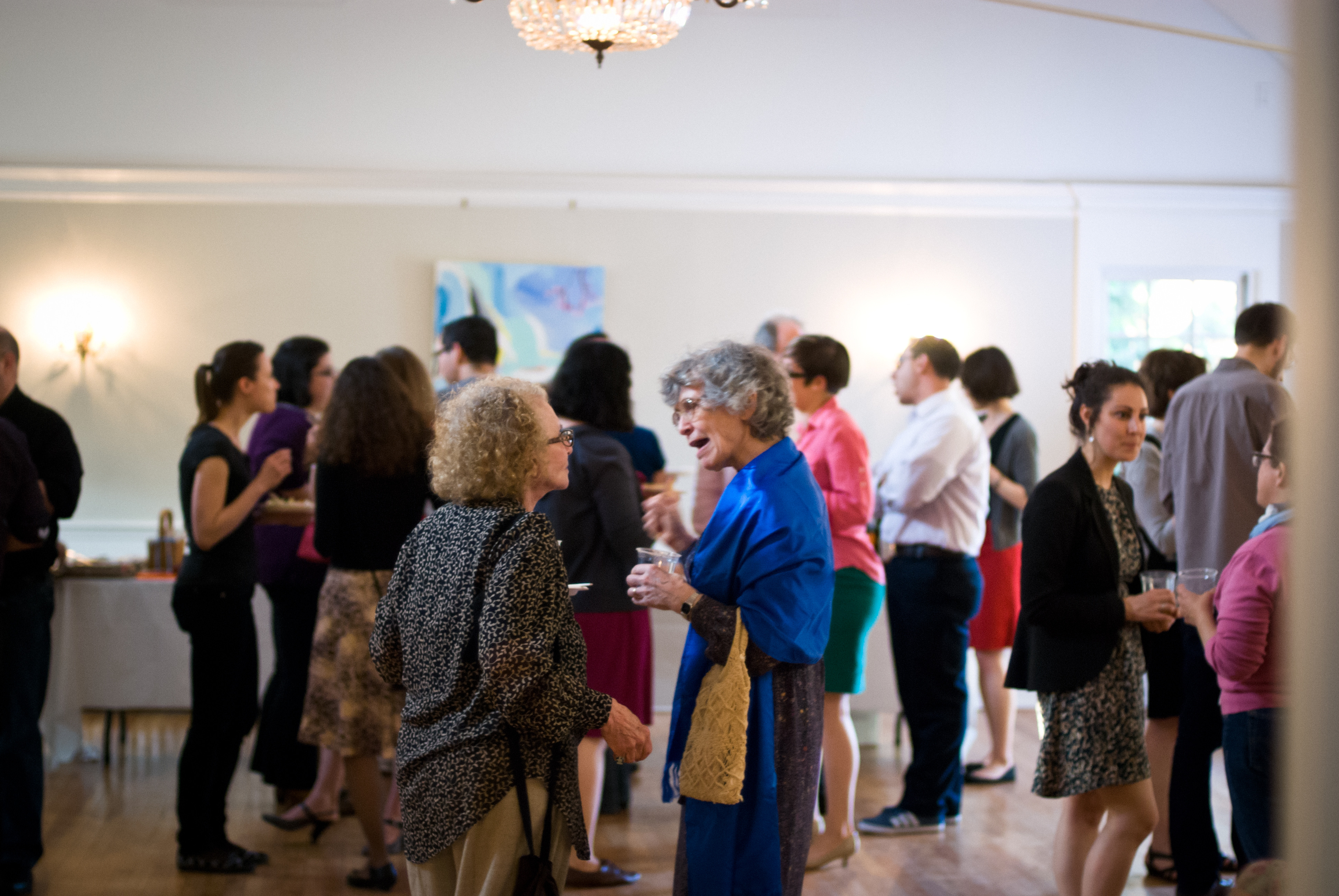Sarah Fuller

Sarah Fuller
One of the founding members of the department, Professor Sarah Fuller retired in Spring 2013 after 43 years teaching. She served as chair and as director of graduate studies, received the Stony Brook President’s Award for Excellence in Teaching in 1984 and has been a member of the Stony Brook Academy of Scholar Teachers. Her research has appeared in Acta Musicologica, Early Music History, the Journal of the American Musicological Society, Journal of Musicology, Musica Disciplina, and other journals. Her annotated anthology The European Musical Heritage: 800-1750 will be familiar to many of you as it has been used in music history courses across the country.
Not one to be content filling her days with gardening and trips to the gym (though she continues to enjoy both these pastimes), Sally remains as busy as ever. She is continuing to serve on a few doctoral committees, commissions and edit the Stony Brook Symphony Orchestra program notes, and her recent work includes studies in medieval and renaissance music theory and in the music of Guillaume de Machaut.
Sally’s exceptional contributions to the field of music studies has repeatedly been recognized. Most recently the American Musicological Society awarded her an honorary membership in 2013 in recognition of her significant scholarly contributions as well as her service to the Society on the board and on a number of key committees. This is in addition to being elected a Fellow of the American Academy of Arts and Sciences in 2011, and being awarded an honorary membership in the Society for music Theory in 2009. In 2008 a Festschrift Essays in Honor of Sarah Fuller was published. It was edited and introduced by Sally’s former student Jennifer Bain, with contributions from each of them and others.
Sally is being honored with the Sarah Fuller Alumni Colloquium series, which will welcome back one distinguished alumna or alumnus each semester for the next three years.
Peter Winkler
Peter Winkler
Peter retired in Spring 2014, after 42 years teaching in the department. His compositions are enmeshed in the history of Stony Brook University – in 1978, his Symphony was premiered at the grand opening of the Staller Center, and he composed the Alma Mater. Many more of Peter’s works have been performed on campus, some, like the “Partita” for Baroque ensemble, commissioned by the department.
Like Sally, Peter remains a fixture around the department. He now has more time to devote to composing, auditing graduate seminars, and attending colloquia and concerts.

